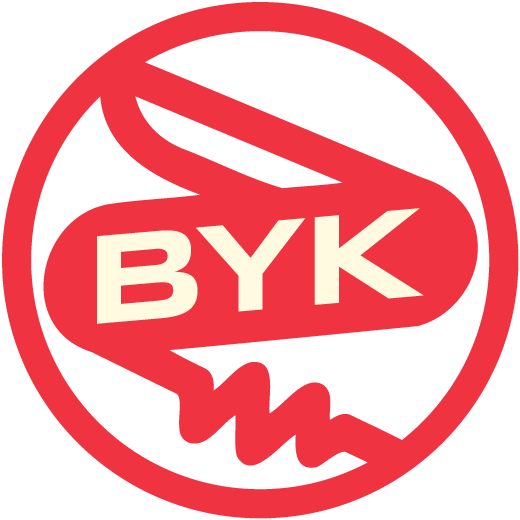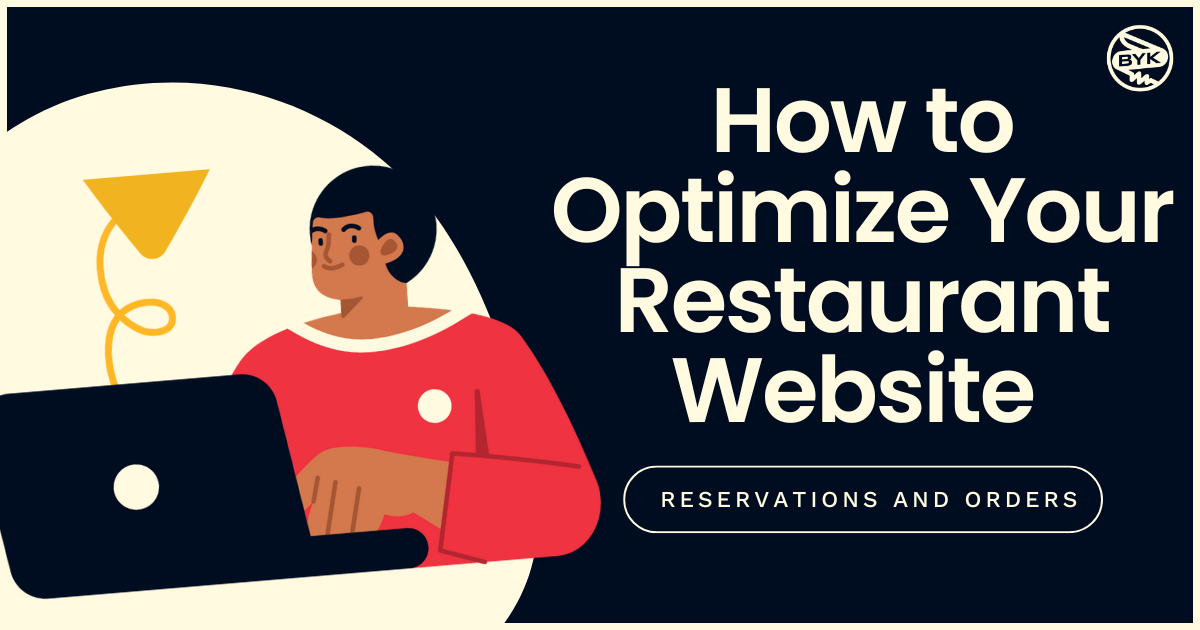Through the years, there have been many studies done correlating personality traits with leadership and success in business. These are interesting, and do show some significant patterns. However, since personality traits are relatively stable over time for individuals, these studies also have limited applications. If you happen to be extraverted and conscientious, then they can make you feel good about your chances, but if not, they can be disheartening. So if you don’t possess these “successful” traits, does that mean you are doomed to fail professionally?
The short answer is no. Just because you do not possess the personality traits most characteristic of leaders and executives does not mean you will not be able to succeed. There are many paths that can lead to professional success. We’re here to discuss some areas in which people with different personality traits can thrive, and how you can use the personality traits you do have to your advantage.
Introversion
Introverts do not tend to be natural leaders. They often do not take control in group situations, tend toward the quieter side, and work well alone. While these characteristics do not necessarily lend themselves well to the traditional powerful and assertive CEO, they do lend themselves to business success in other ways.
Introverts are able to keep their heads down and get work done, while others may be more distracted by social temptations in the office. Many times, they are content to do tedious work that extroverts may consider to be boring or unappealing. They tend to excel working independently, so would do well in one of the many important positions that emphasize individual work over constant collaboration.
So how can this all be used together to help introverted individuals set themselves up for success? They should carefully select the positions they pursue, to ensure they align well with their introverted personality. Jobs that allow for independent work, do not require constant meetings, and provide a relatively calm and quiet setting are usually a good fit. Introverted individuals can also make themselves valuable in any position they are in by showing a willingness to take on roles and tasks that others may find too mundane or boring. Becoming the go-to employee for certain tasks can increase your value and make you an indispensable team member.
Agreeableness
In most studies, agreeableness does not seem to have a significant effect on success either way. There seem to be both pros and cons to having, or lacking, agreeableness that cancel each other out. Both those low and high in agreeableness can achieve success in business, just using different paths and approaches.
If you are high in agreeableness, you likely avoid confrontation and present yourself in a likeable manner. This can make a great first impression on your colleagues and show that you are a team player. You can position yourself as an asset to workplace morale, as well as helping keep the peace in situations where that is necessary. Agreeable individuals can thrive in roles that allow for open communication and in which they can focus on their relationships with others to help them be successful.
On the other hand, those who are lower in agreeableness can succeed in very different roles. These individuals tend to be more assertive and willing to deal with confrontational situations. They can make themselves valuable by being willing to challenge or call out colleagues when needed, as well as spurring necessary discussions that are on the uncomfortable side. You can succeed in roles that call for negotiation and standing your ground rather than compromising.
Neuroticism
Finally, we have neuroticism. This is usually seen as a negative or undesirable trait, but can be beneficial in business. High neuroticism does often lead to negative feelings like anxiety or guilt. If you are neurotic and can manage these emotions, they can be channeled into motivating your hard work. People who are neurotic can use their anxiety and stress to spur themselves onward to go above and beyond the requirements of their job. They can be extremely hard workers. Neuroticism lends itself well to positions that are not inherently too high-stress, so as not to overwhelm the negative emotions, but to positions where hard work and long hours are especially important for success. By focusing on your strengths and choosing roles that suit your personality, people with almost any traits can succeed in business. Not everyone is likely to achieve the same path to success, and not everyone is well-suited to be a leader. But even personality traits that tend to be seen in a negative light, can be utilized and managed to help achieve success.




